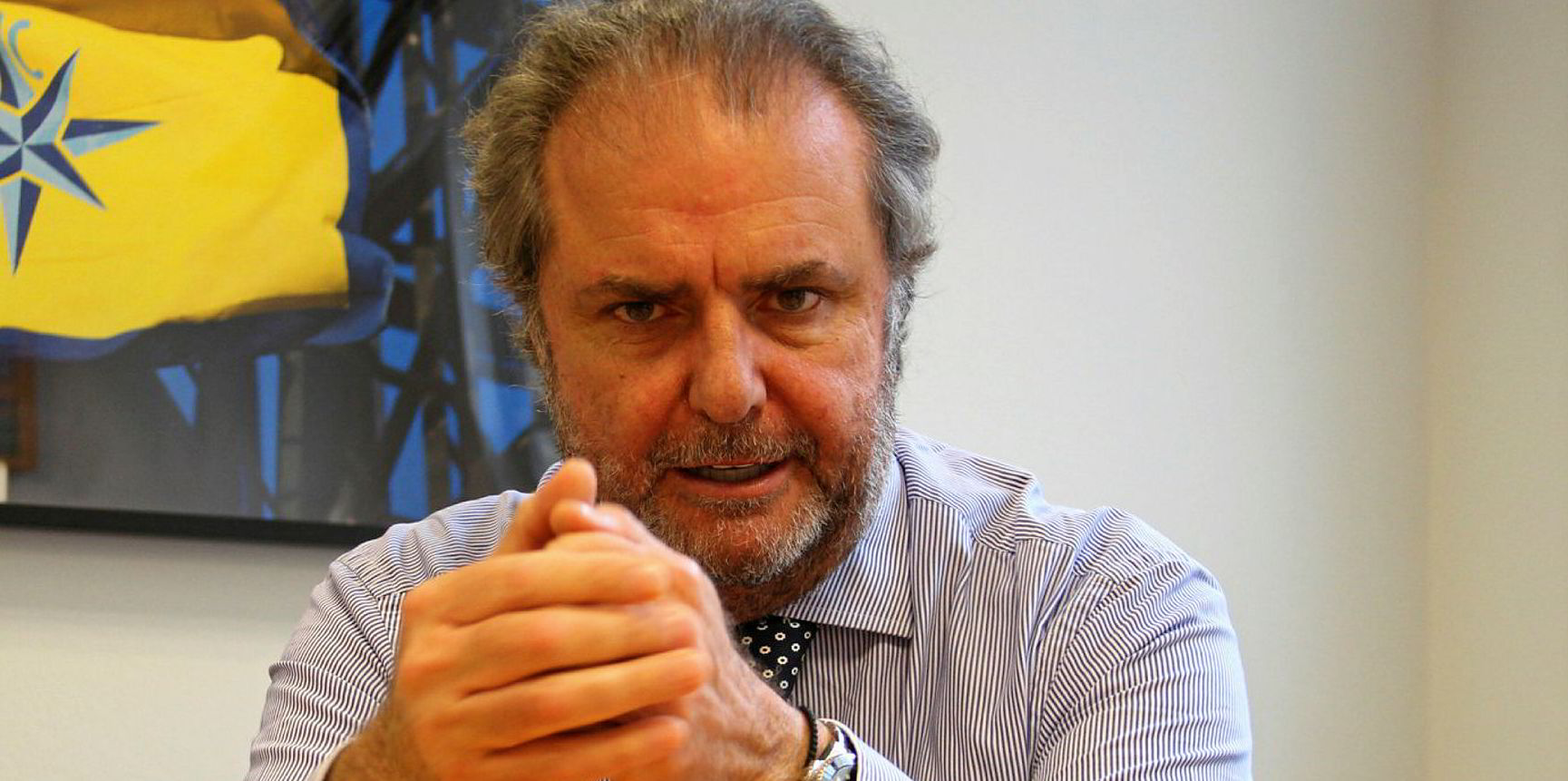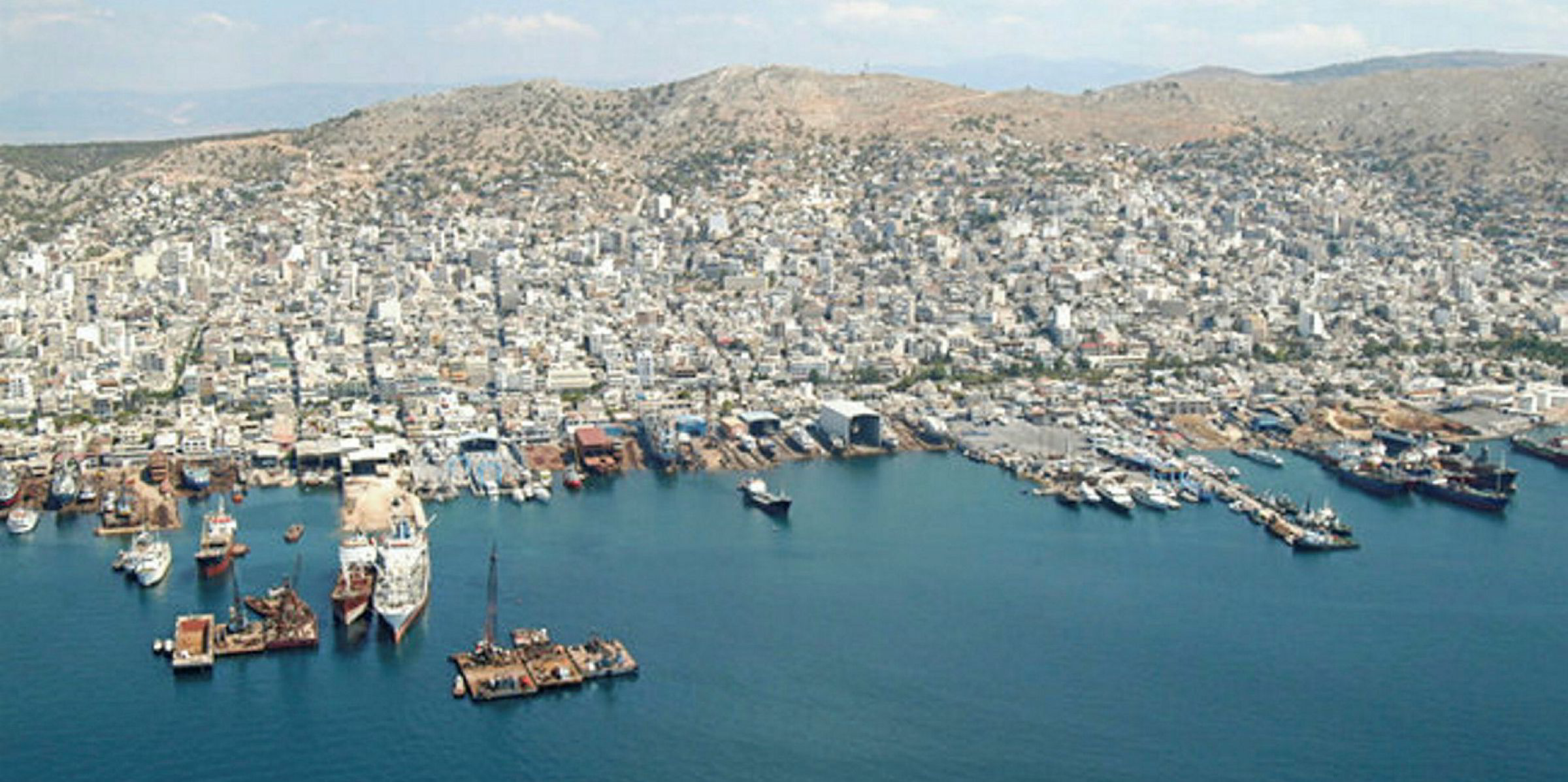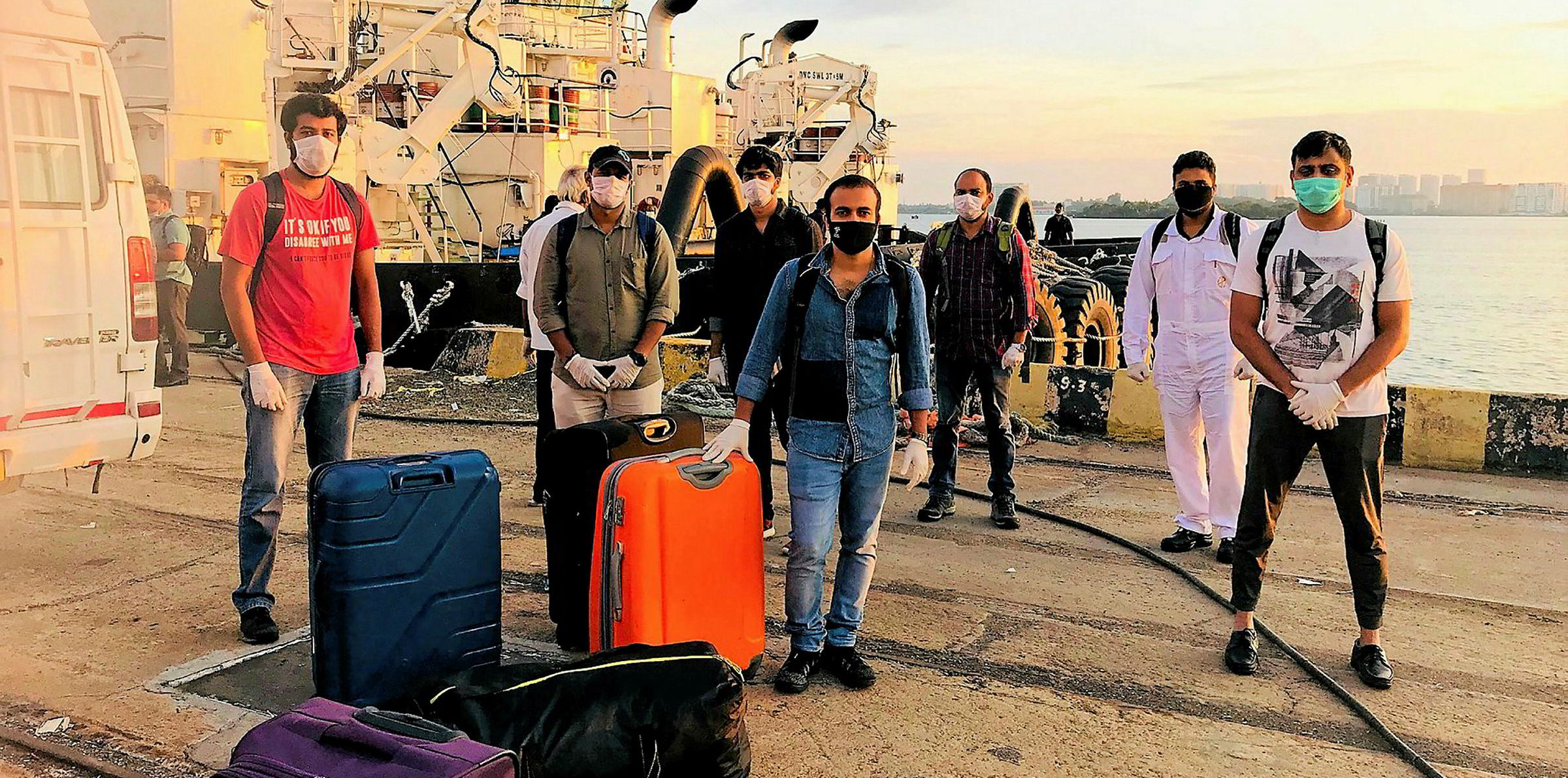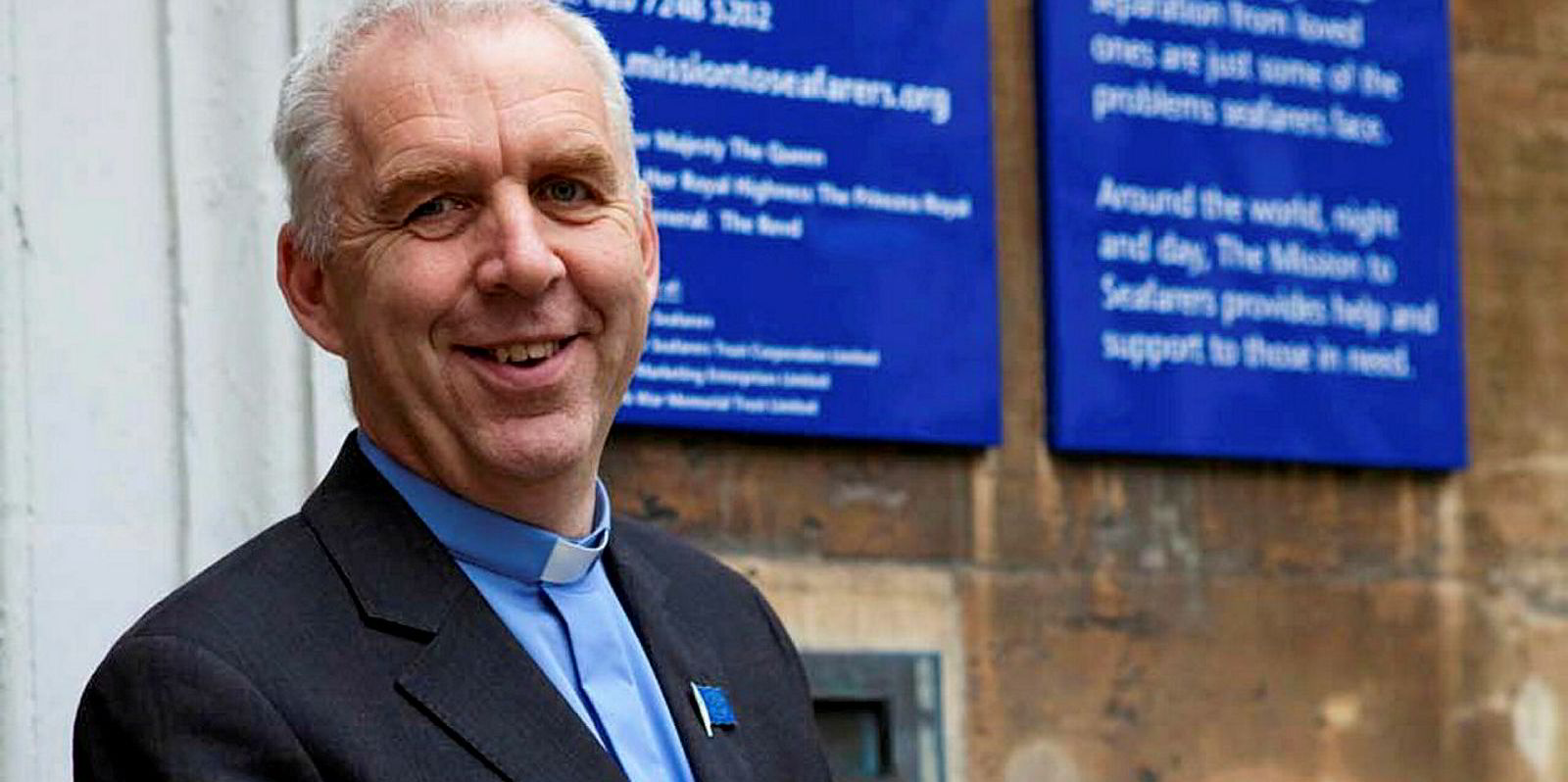The head of Italy’s d’Amico Group believes shipping faces challenges in protecting the well being of seafarers as countries react to fears of a second coronavirus wave.
To control the spread of Covid-19, Singapore, Malaysia and Hong Kong recently tightened their rules on crew changes as fresh outbreaks of the virus were reported in some countries that had previously been opening up.
The family-run business — also known as d'Amico Societa di Navigazione — manages more than 100 owned and third-party vessels.
With 3,000 seafarers under its employment, executive chairman Paolo d’Amico conceded it is not easy to ensure all crew members can finish their shifts at sea on time as restrictions change.
“It's very complicated to plan this thing,” d’Amico told TradeWinds in a phone interview. “Every country decides at the last moment … Everything changes on a daily basis.”
“We cannot even blame the governments. They certainly could do more, but sometimes they are taken by surprise. They discover new Covid [infections] and need to react overnight on a 24-hour basis.”
Call for action
Industry bodies, alongside the International Maritime Organization, have been calling on national governments to loosen restrictions on crew changes for months, but efforts continue to be frustrated by bureaucracy and renewed outbreaks.
There are also accounts of some shipmanagers’ negligence in following quarantine guidelines, which damages the industry’s reputation at a time of crisis.
According to the International Chamber of Shipping, more than 250,000 seafarers have been trapped at sea after their employment contracts expired due to travel restrictions.
d’Amico said his company used to carry out crew changes in India, Singapore, Hong Kong and South Korea but said crew managers now need to constantly review which locations are suitable.
“A lot has been depending what the country is doing at the moment” in terms of immigration restrictions, he added.
“We are trying to anticipate the problems,” d’Amico said. “We have to use any means we can.”
d’Amico said that transport connectivity is a consideration and that chartering flights could be necessary on some occasions, despite extra costs.
He added that he would also let his seafarers disembark ahead of the expiry of their contracts if that would smooth the crew change process.
A recent study by The Mission to Seafarers has concluded the crew community is in “the midst of a mental health crisis”, with many unable to return home due to the pandemic.
“They are our most important assets. They keep working and they are really heroes,” d’Amico said. “We have our offices talking to them all the time and their families.”
The communication is “not just for their feelings” but to help them understand the company is doing “anything possible” to facilitate crew changes, d’Amico added.
Earlier this year, dry and tanker-focused d’Amico Group had 900 seafarers waiting to be relieved. Now, the number is down to 300.
Barring further tightening of crew change rules by national authorities, d’Amico believes that his company is on track to complete all the rotations. “More or less, things are working,” he said.






